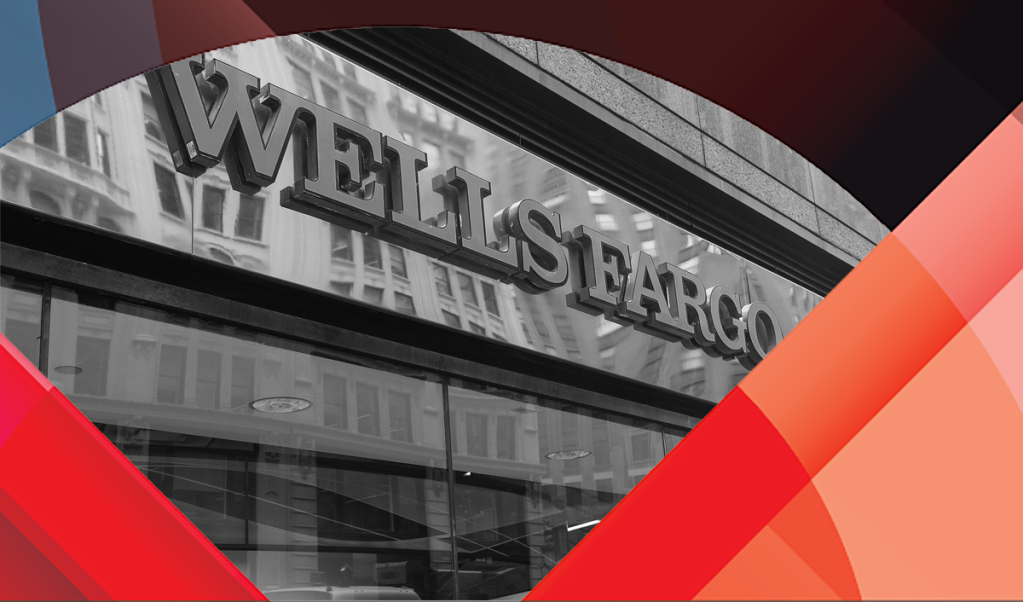Wells Fargo will pay $94 million to settle a class-action lawsuit that argued it sent more than 200,000 mortgage borrowers into forbearance during the pandemic unlawfully and without their consent.
The plaintiffs argued that the San Francisco-based bank provided forbearances to customers who made inquiries about their mortgages or expressed hardship, but had not explicitly requested forbearance, Reuters reported this week.
The decision by Wells Fargo damaged borrowers’ credit scores, making it more difficult for them to refinance their mortgages when rates were at their lowest levels in history. The borrowers said Wells Fargo’s actions also violated the CARES Act.
Wells Fargo denied any wrongdoing in its Sept. 9 settlement, which was filed last week in Columbus, Ohio federal court and requires a judge’s sign-off.
The lawsuit, which covers is known as “Echard v Wells Fargo Bank” and includes over 212,000 loans, likely played some role in Wells Fargo’s recent decision to pull back from mortgage lending.
On Tuesday, Chief Financial Officer Mike Santomassimo said the company was content to lose ground in mortgage originations and is “really focused on our consumer and wealth clients.” He added that the servicing business would shrink over time.
Earlier this year, CEO Charlie Scharf cited regulatory challenges and lending standards for conforming loans as a major reason for shrinking its mortgage footprint.
“We basically process the applications according to guidelines that the GSEs tell us we should,” Scharf said. “When those produce results, the people like them, we get the kudos for it. If they don’t like them, we get the blame for it, even though we’re just following other people’s underwriting guidelines.”
Scharf also argued depository banks are held to higher standards than nonbank mortgage lenders.
“It’s very different today running a mortgage business inside the bank than it was 15 years ago, and I think appropriately so,” he said. “That does force you to sit back and say, ‘What does that mean? How big do you want to be? Where does it fit in?’”
Wells Fargo has also been battling a series of controversies related to minority borrowing in mortgage as well as its hiring practices. In March, Bloomberg reported that Wells Fargo in 2020 rejected more than half of Black homeowners’ refinancing applications. The bank’s 47% approval rate for Black customers was the lowest among major lenders, according to Home Mortgage Disclosure Act (HMDA) data. Its approval rate of white applicants for refis was 72% in 2020.
Wells Fargo has denied any wrongdoing and said its underwriting practices are consistently applied regardless of the customer’s race or ethnicity.







